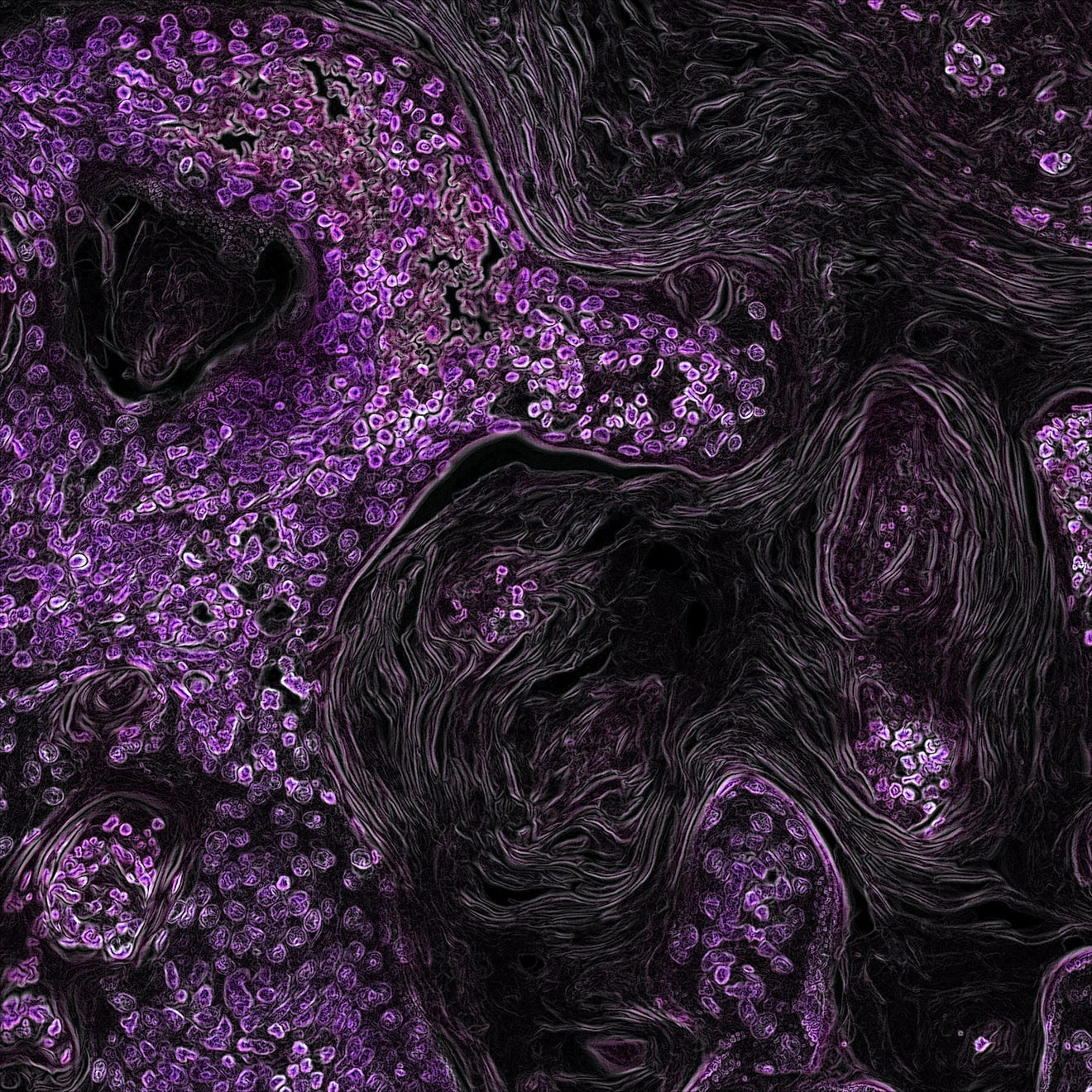The Role Of Digestion In Aging
There are different classes of enzymes that are involved in digesting our food. The underproduction of certain enzymes can lead to more severe health consequences down the line.
Many of us tend to think of digestion as a process that is related to stomach acids. That’s not without reason - people with gastritis, for instance, are commonly prescribed antacid medications. An antacid, as its name suggests, is a type of “anti-acid” that is meant to neutralise the acidity in one’s stomach, which will otherwise cause an “inflammation, irritation, or erosion of the lining of the stomach”.
Yes, stomach acids are but ONE factor. The carbonic anhydrase enzymes in the parietal cells in our stomachs are responsible for producing the hydrochloric acid to make the stomach ennvironment acidic:
However, we also do require different types of enzymes to digest the various types of foods that we eat. They include amylase enzymes for the digestion of carbohydrates, lipase enzymes for the digestion of fats and protease enzymes for the digestion of proteins.
The acidic environment in our stomach is home to a protease enzyme known as pepsin. Pepsin is active in highly acidic environments, whereas most other enzymes would be deactivated in that kind of acidity - which is why other enzymes support digestion in other areas of the digestive system, such as in the mouth or in the small intestine.
Heck, there is even a specific type of digestive enzyme to digest lactose. People who are lactose intolerant don’t have enough of that digestive enzyme in their small intestines to process all the lactose that they’re ingesting, and that’s why some people tend to feel really weird after drinking milk:
And of course, as lactose digestion takes place chiefly in the small intestine, an insufficient production of lactase enzymes in the small intestine can give rise to discomfort, gas and bloating within the small intestines, leading to excessive gas release or even the urge to do an explosive toilet run.
We see digestive issues mainly as the body being unable to cope with what we’re feeding it. But can we look at the problem, instead, as the body producing insufficient enzymes to deal with the food load that we’re pushing in?
Because it is a shame to have to pass on certain types of foods just because we’re genetically ill-equipped to deal with them. I mean, I do have Asian flush myself, and that’s because my liver isn’t producing sufficient acetaldehyde dehydrogenase enzymes for processing high alcohol loads, and I therefore have to limit my alcohol consumption to ONE Instagrammable cocktail each time I go out for drinks (if ever):
And in many parts of the world, many older adults are simply not consuming sufficient protein to maintain muscle mass, which can lead to issues with muscular atrophy. Combine that with brittle bones as the dynamic equilibrium between bone formation and bone mineral resorption gets shifted in favour of resorption, and we can see how aged seniors can trip and fall very easily (with reduced muscle mass controlling body movement), and that fall can trigger nasty hip fractures:
Which can be further linked back to aging.
Keep reading with a 7-day free trial
Subscribe to The Biochemistry Of Human Health to keep reading this post and get 7 days of free access to the full post archives.



